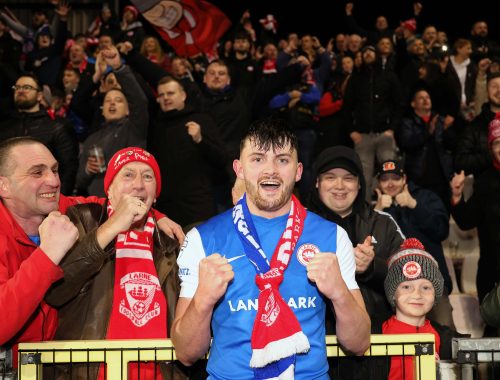A Bit of Courage Goes a Long Way
“Then, if you don’t mind, I’ll go with you,” said the Lion, “for my life is simply unbearable without a bit of courage.”
The Wonderful Wizard of Oz, L. Frank Baum

According to CPP’s Global Human Capital Report, “the average employee spends 2.1 hours a week dealing with conflict.”1 If this statistic included hours spent fretting over possible conflict I would place within the top percentile, but in terms of hours spent actively dealing with conflict? I’d be on the other end of the scale entirely.
Objectively, speaking to coworkers that I was friendly with shouldn’t even fall under the bracket of “dealing with conflict”. However, having a serious conversation about the possibility of a paid position after placement was one of the most challenging aspects of working at Score Draw Music. Using Boud’s model as a lens, this blog will analyse my actions in the moment, and evaluate how my experience could inform my approach in future difficult situations.
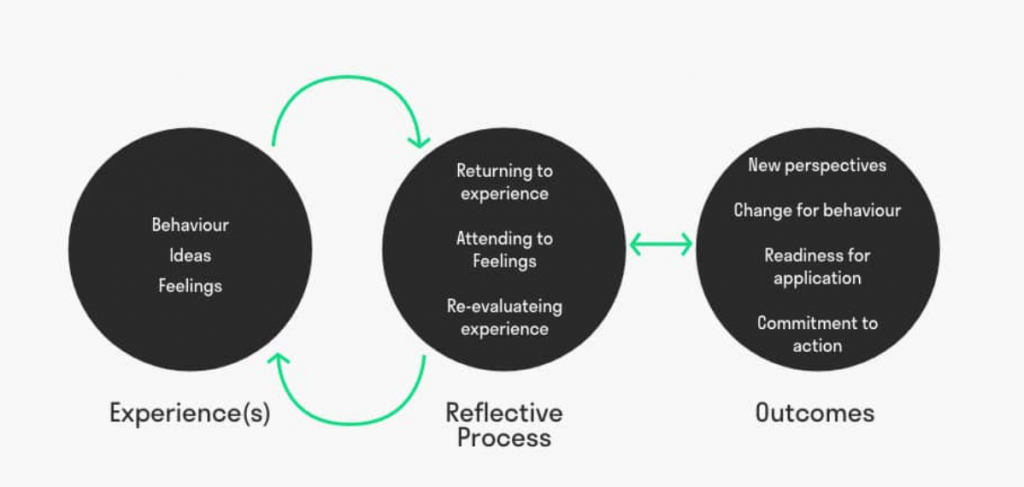
Challenge: Accepted
After weeks of working with the kind and welcoming people at Score Draw, I had to face the reality that I hadn’t spoken to anyone about my role after placement officially ended. As someone on an international student visa, it is imperative for me to consider my options for work after university ends. To even be eligible for the arts-based work visa the UK requires at least one industry award2 – think Oscar, BAFTA, Emmy – which I can definitely say I do not have (yet). With basic entry requirements so high for working in my preferred field, securing a job in film and television is a necessity for me to continue living in Northern Ireland.

With so much at stake, it was comforting to put off planning for after graduation. After growing so comfortable at Score Draw, it was tough to think about the unknown, and harder still to jumpstart my future plans by speaking to the boss, Mark Gordon. I knew that when I spoke with him, I wanted to clearly communicate my gratitude for the placement opportunity and to inquire about future work;3 I just had to take the dreaded first step and set up the call.
Challenge: Addressed?
Though I wish I could say otherwise, I initially addressed this challenging situation, by putting off thinking about it until later. I find myself often avoiding circumstances that I regard as socially difficult or confrontational; though this strategy is comfortable in the moment, it delays any sort of real resolution.4 In a way, I was leaving the conversation as a problem for Future Mallory on behalf of my present self.
I told myself I would set up a meeting with Mark before my placement ended, and that I had plenty of time before I needed to untangle what I assumed to be a conversational Gordian knot. Unfortunately time kept ticking, and it got to the point that I could no longer avoid it.
In my placement’s final week I bit the bullet and set up a Zoom call with Mark. As with my mock-interviews, before I made the call I scripted out my goals for the conversation, as well as responses to inquiries I thought Mark might make. My main objective was to indicate how passionate I was about the possibility of continuing to work for Score Draw without implying that I expected a position on account of my placement. I found this a difficult line to straddle, and the scripting I did was a great asset for me to speak confidently with concise, accurate phrasing.
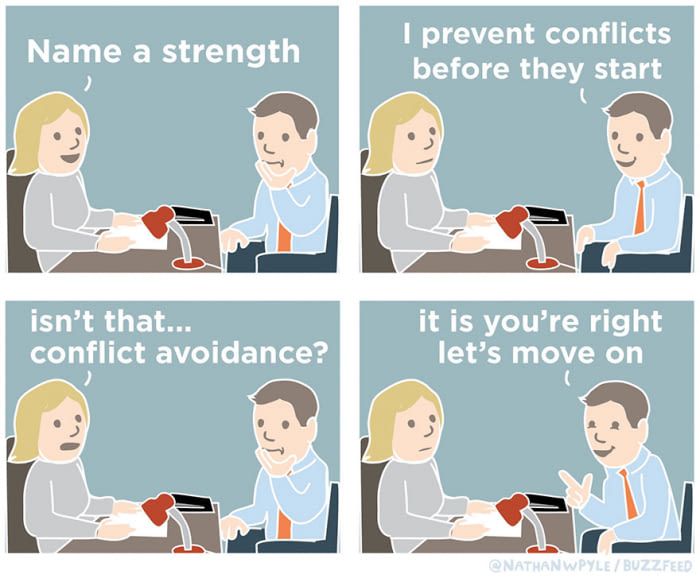
The morning of the call, I took time to regulate my breathing and to re-familiarise myself with my script and notes so I could refer back to them in case I lost my train of thought. When the time for the call came, I felt relaxed and confident in my practised pitch. It turned out though, my worry and procrastination was unfounded. Mark was considerate and encouraging, and brought up the possibility of my staying on with the company without any prompting from me. I had a lingering worry going into the call that my asking to be considered for a paid position would come across as presumptuous, so Mark’s forthrightness discussing my next steps was a huge relief.
Challenge: Analysed
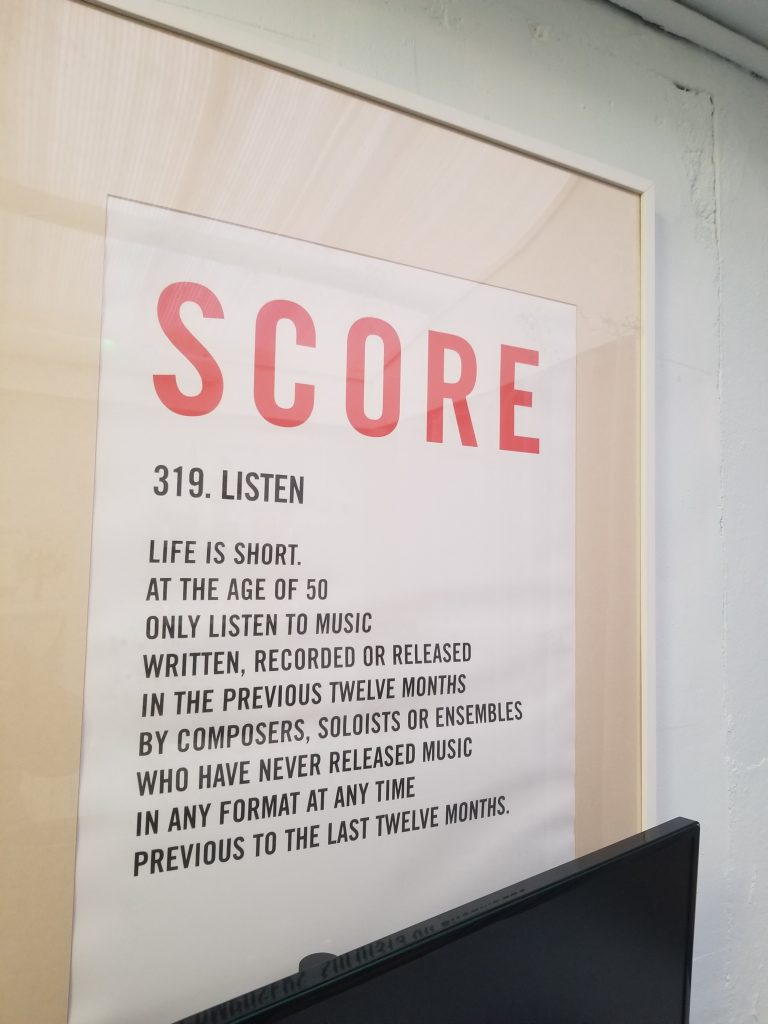
Being quite conflict-avoidant, I definitely don’t welcome challenging situations like this one. However, I can look back and appreciate the insight into my behaviour and tendencies it gave me. I know now that when faced with a conversation I view as a potential cause for conflict, I will attempt to put it off as long as possible. Knowing this, I can develop strategies to help me fight against this tendency.
For example, I can respond within 24-36 hours of identifying a potential conflict5, which allows time for processing any emotional responses while still developing positive communication practices. I will also continue scripting before conversations like these, and will reinforce my personal accountability by enlisting a friend to hold me to my deadlines.
Also, while this instance of conflict avoidance was resolved with no negative ramifications, I know that might not always be the case. A lack of clear communication can put a strain on an otherwise positive and healthy working relationship6, the kind of relationship I worked hard to cultivate throughout my placement. Additionally, as I was cognisant of how long it took me to reach out, I felt like I started my call with Mark on the wrong foot, with my feeling the pressure of being “late” to the discussion. This was especially detrimental in a conversation where I felt I was making a request of my boss. I have to keep in mind that by prioritising Present Mallory, I’m setting Future Mallory up for greater anxiety and chance of failure.
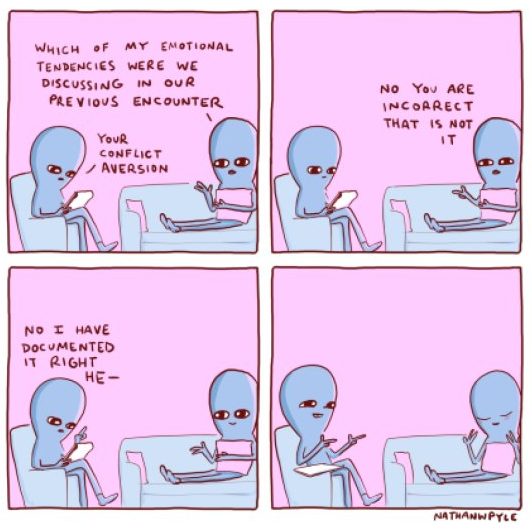
Even after this relatively positive experience, I still dread spending over 100 weeks a year in conflict resolution in the workplace7. I understand that conflict, both in and out of the workplace, is inevitable though, and attempting to avoid such situations is a non-starter. Plus, 2.1 hours a week of actually confronting conflicts is a lot less stressful than dwelling 24/7 in procrastination and worry.
References
[1] Jeff Hayes, “Workplace Conflict And How Businesses Can Harness It To Thrive,” CPP Global Human Capital Report, (2008): 5
[2] UK Government, “Work in the UK as a leader in arts and culture (Global Talent Visa),” UK.GOV, Accessed March 15, 2023, https://www.gov.uk/global-talent-arts-culture/film-television.
[3] Alyse Kalish, “Here’s How to Ask for a Full-Time Position After an Internship (Email Template Included!),” The Muse, Updated June 19 2020, https://www.themuse.com/advice/how-to-ask-for-full-time-position-after-internship-email.
[4] Charles Green, “Five Approaches to Dealing with Conflict,” Chron, Updated January 29 2019, https://smallbusiness.chron.com/five-approaches-dealing-conflict-894.html.
[5] Julie Holunga, “Stop Avoiding Conflict And Try These Five Tactics Instead,” Forbes, April 7 2021, https://www.forbes.com/sites/forbescoachescouncil/2021/04/07/stop-avoiding-conflict-and-try-these-five-tactics-instead/?sh=3abe3738175f.
[6] Mariel Tishma, “Don’t Underestimate the Effects of Poor Communication,” Workforce, April 24 2019, https://workforce.com/news/underestimate-effects-poor-communication.
[7] Hayes, “Workplace Conflict,” 4.
Bibliography
Green, Charles. “Five Approaches to Dealing With Conflict.” Chron. Updated January 29, 2019. https://smallbusiness.chron.com/five-approaches-dealing-conflict-894.html
Hayes, Jeff. “Workplace Conflict And How Businesses Can Harness It To Thrive”. CPP Global Human Capital Report, (2008): 5.
Holunga, Julie. “Stop Avoiding Conflict And Try These 5 Tactics Instead.” Forbes. April 7 2021. https://www.forbes.com/sites/forbescoachescouncil/2021/04/07/stop-avoiding-conflict-and-try-these-five-tactics-instead/?sh=19936b74175f.
Kalish, Alyse. “Here’s How to Ask for a Full-Time Position After an Internship (Email Template Included!).” The Muse. Updated June 19, 2020. https://www.themuse.com/advice/how-to-ask-for-full-time-position-after-internship-email.
Tishma, Mariel. “Don’t Underestimate the Effects of Poor Communication.” Workforce. April 24, 2019. https://workforce.com/news/underestimate-effects-poor-communication.
UK Government. “Work in the UK as a leader in arts and culture (Global Talent Visa).” GOV.UK. Accessed March 15, 2023. https://www.gov.uk/global-talent-arts-culture/film-television
Where Does the Future Lie?
Closed Session
You May Also Like

I Was Just… A Voice.
7 April 2023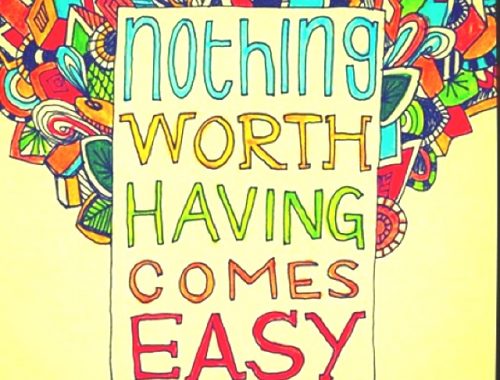
The Best Laid Plans of Mice and Men…
14 April 2023